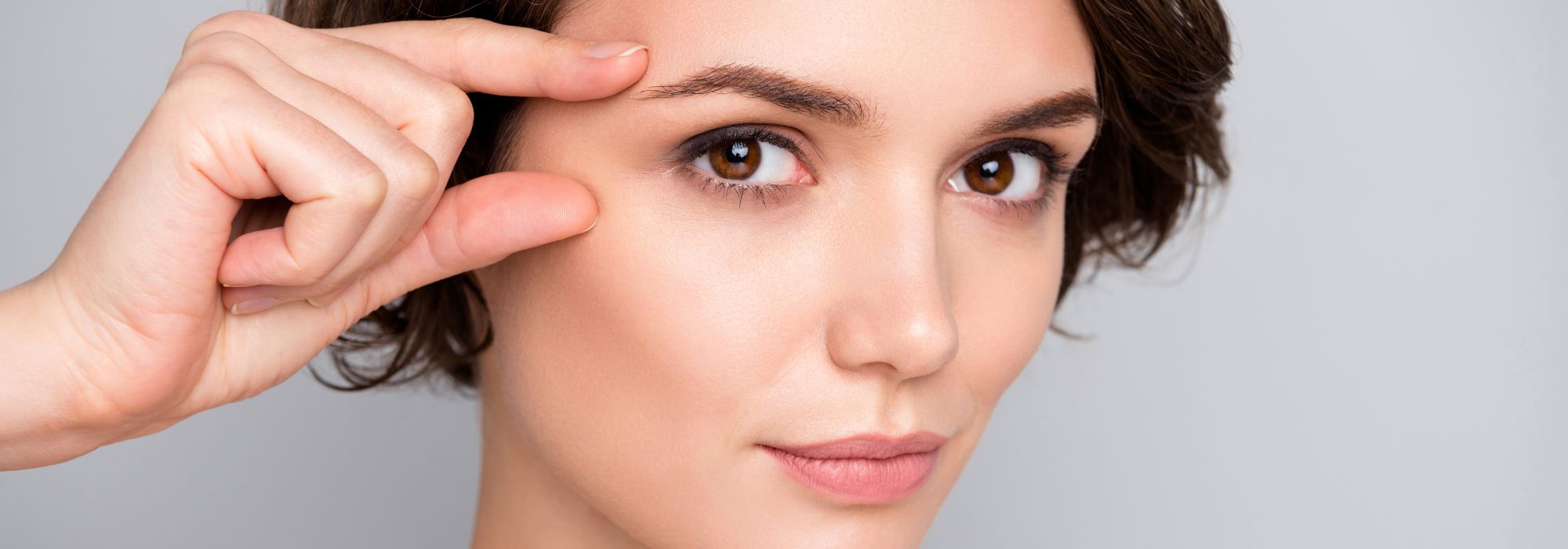The Impact of Eyelid Surgery on Vision and Eye Health

Usually, aging causes the skin to stretch, and the muscles surrounding the eyes get weaker with age too. When this happens, the skin can droop above and below the eyes, resulting in sags from the top or bags under the eyes. This isn’t just a cosmetic problem either. It can adversely affect your peripheral vision, making it a health and safety problem as well.
The idea is to correct the problem with eyelid surgery, restore your peripheral vision, and make you look more awake and alert than you were before.
The Health and Vision Effects
Eyelid surgery addresses concerns such as drooping eyelids, under-eye bags, and excess skin. By removing or repositioning tissue, the procedure yields a rejuvenated appearance, boosting self-confidence and enhancing your face.
Beyond aesthetics, eyelid surgery can positively impact vision and eye health in several ways:
- Improved Field of Vision: Ptosis, characterized by drooping eyelids, can obstruct peripheral vision. Correcting ptosis through surgery expands the field of vision, enhancing overall visual acuity.
- Relief from Eyestrain: Excessive eyelid skin or fat deposits can lead to eyestrain and fatigue. Blepharoplasty alleviates these symptoms by removing excess tissue, promoting greater visual comfort during tasks requiring sustained focus.
- Resolution of Obstructed Vision: In cases where excessive eyelid skin obstructs the pupil, blepharoplasty removes this obstruction, restoring unimpeded vision.
If you suffer from any of the conditions mentioned above, you’re a perfect candidate for an eyelid surgery in Honolulu.
Risks
It’s natural to be apprehensive about surgery on or near your eyes. The risks aren’t that daunting with this kind of surgery, however. The two most common are skin discoloration and dry or irritated eyes. Eye injury or loss of vision are exceedingly rare with a reputable and well-trained eye surgeon. Scarring is also a rare occurrence, but Dr. Tantisira is a skilled ophthalmologist with a specialization in cosmetic lasers and injectable therapies, so you’re in good hands.
What to Expect During the Surgery
Eyelid surgery is usually an outpatient procedure performed under local anesthetic or under what’s known as “twilight sedation.” That’s where you’ll be in a nearly sedated state but not completely “out.” If you have it done under twilight sedation, then you’re going to need someone to drive you home afterward. Because you won’t be under general anesthetic, you won’t have to control what you eat or drink the day before.
Dr. Tantisira will have to remove muscle or fat as well as the droopy skin. It may not be possible to see this before the surgery. Whether you’re having the procedure done above your eyes, below them, or both, the doctor will make the incision, remove what needs to be removed, and close the incision.
What to Expect After the Surgery
As you might expect, you won’t be able to do anything strenuous for a while after the surgery. During this time, you should sleep with your head above your chest to lessen the pressure on your eyes. Dr. Tantisira will let you know based on your case. The normal post-operative care plan is for you to ice the incisions as directed. In most cases, she will prescribe eye drops to help prevent infection and to keep your eyes moist.
If necessary, she will also advise you not to take anything that has blood-thinning properties, such as aspirin, ibuprofen, or naproxen. Be sure to keep all post-operative appointments.
See Clearly Again
Restore the vibrant, youthful appearance your eyes once had. Reach out today to schedule your consultation with Dr. Tantisira at True Vision Center and start your journey toward brighter, clearer eyes and renewed confidence with a comprehensive eyelid surgery. Let’s make your vision of enhanced beauty a reality!






